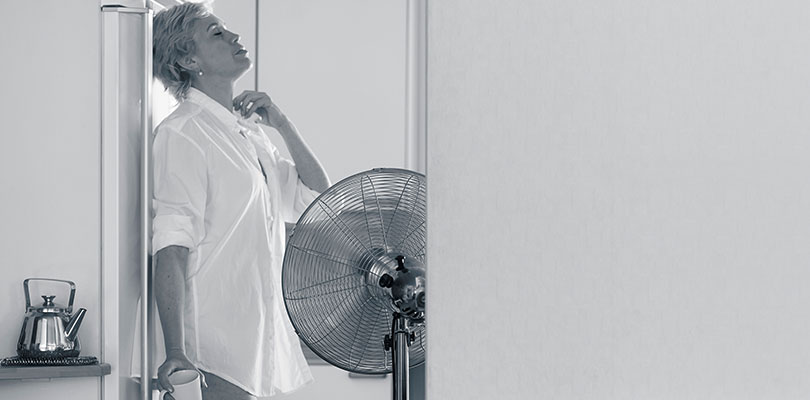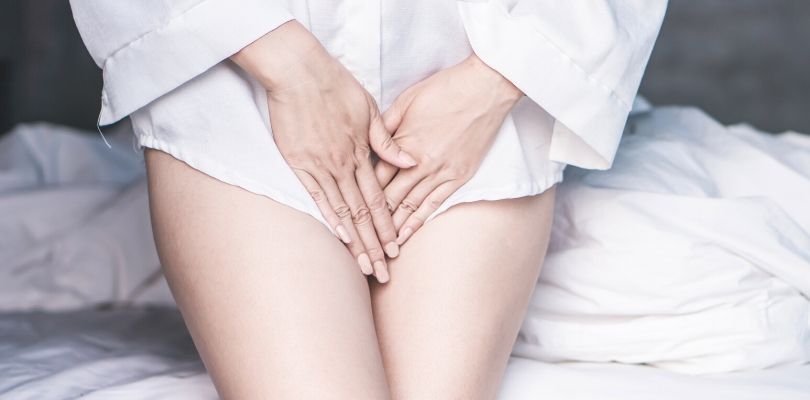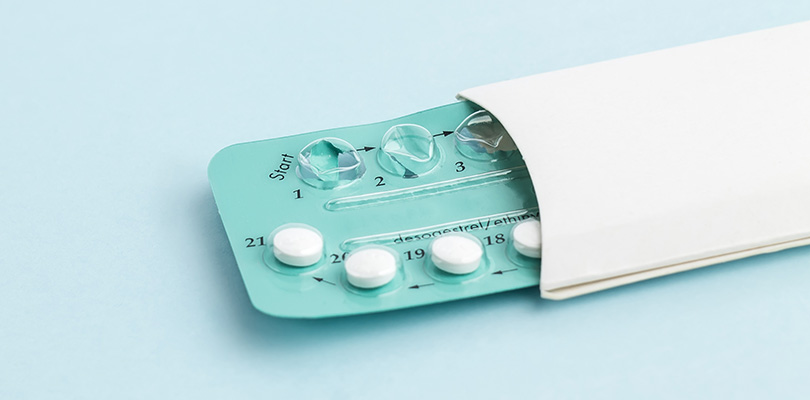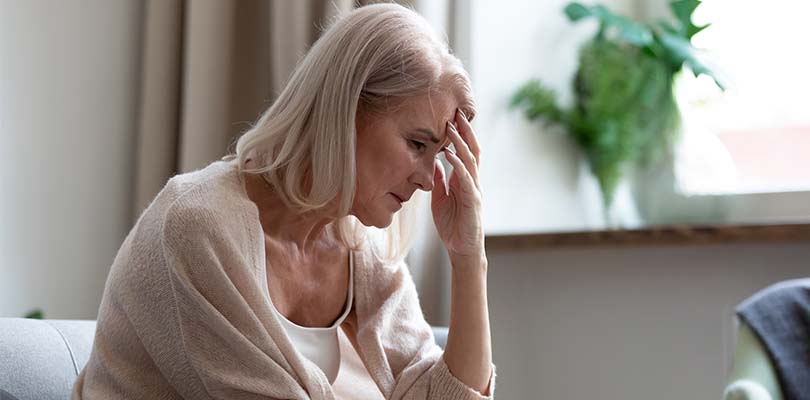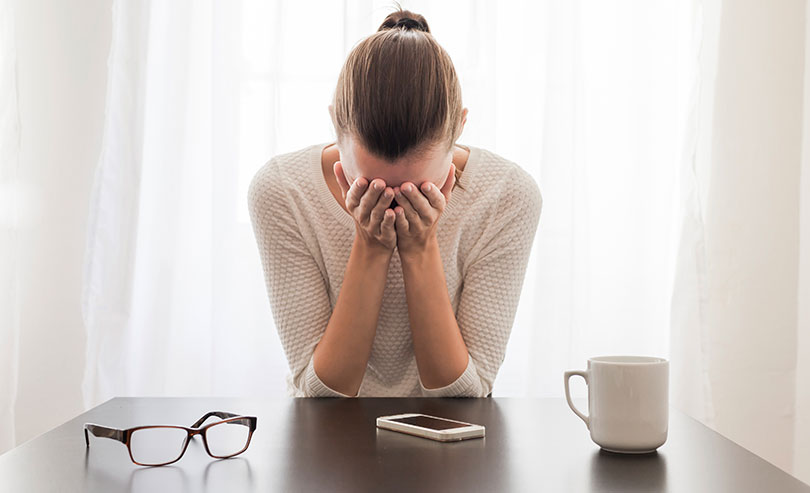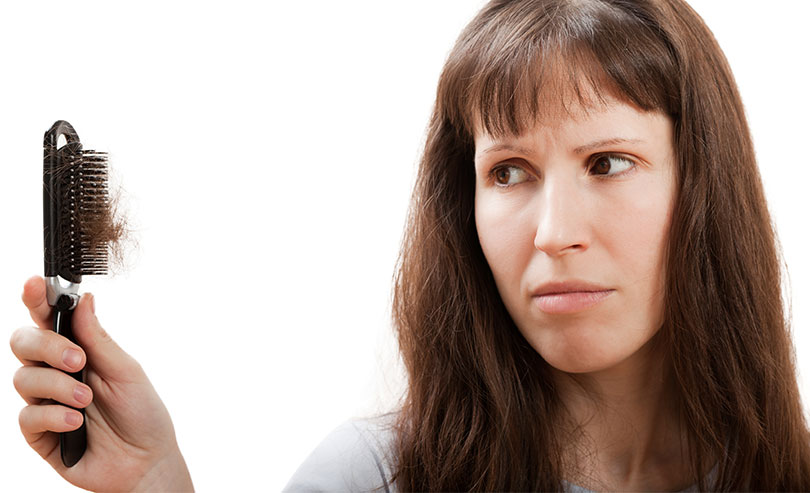Photo Credit: Jari Hindström / iStockphoto.com
Coping Strategies for Hot Flashes
About 75 – 85 percent of women suffer from hot flashes during menopause — it is the most commonly reported symptom. The severity and frequency varies for every woman and changes during the course of menopause.
The cause of hot flashes is unknown. It is associated with decreasing estrogen levels, although it is not as simple as that; it may be related to the effects of estrogen on serotonin levels, which leads to a readjustment of the body’s temperature settings.
There are a number of drugs that can be used to help manage hot flashes. While hormone therapy and other drugs are the most effective, they also come with side effects. There are other strategies that can also be used. Here are some ways to help you cope with hot flashes:
Physical Coping Strategies
Keep your work area cool and dress in thin layers. This gives you the ability to remove or increase layers as you need to. It also helps to keep your bedroom cool and use multiple bed layers. Using sheets and blankets rather than a duvet gives you more flexibility to change the layers as you need to. You could also place a towel on the bed to absorb sweat. Some women also find relief by placing a cold pack under their pillow or by using a cooling pillow.
Menopause and anxiety have similar symptoms. By reducing stress, you can redistribute your energies towards managing menopause directly.
Some women suffer more commonly from night sweats. This may be related to a natural dipping of estrogen levels at night. If night sweats are affecting your sleep, try to get some rest during the day.
Keep a spray bottle of cold water on hand and a cold pack in the freezer. You can get some relief during a hot flush by spraying your face and body with a fine mist of cold water or by placing a cold compress on the back of your neck. A cooling gel or solution can help dampen the flush in the cheeks, neck and chest.
Try to avoid triggers that cause hot flashes. For many women, this is a hot room or stressful situations. Some triggers could include substances that increase your body's metabolism which naturally causes flushing. Some examples are nicotine, caffeine, alcohol, hot drinks, and hot peppers. Keep a diary of when the flashes occur to help you identify the triggers.
Therapies
Undertake some relaxation techniques. Relaxation therapy has been shown to significantly benefit women with hot flashes. Examples include meditation, deep breathing exercises, tai chi and yoga. Exercise is also important for your general health and mood. This is important to help you cope mentally with hot flashes and can also help with more restful sleep.
Some women find relief in cognitive behavioral therapy (CBT) techniques. CBT is about training the mind; instead of unhelpful and negative thinking, it re-trains the mind to use more helpful and positive thinking habits. It can help you cope with the mental and social aspects of hot flashes.
Herbal supplements such as soy and some other plant-based foods contain phytoestrogens, which behave like estrogen. Supplements containing the phytoestrogen genistein, present in soy, may have the most benefit. All supplements should be used cautiously. Even phytoestrogens are a type of medicine; they may interact with other medicines and may not be safe if you have previously been diagnosed with breast cancer, so check with your doctor first.
If you have frequent and severe hot flashes that are significantly affecting your life, you may wish to talk to your doctor about drug therapy. Estrogen hormone therapy is a highly effective treatment for controlling hot flashes, however it does have side effects, some serious. You should discuss the risks versus benefits with your doctor.
Some non-hormone medicines are also used effectively to reduce the frequency and severity of hot flashes. Examples include low dose selective serotonin reuptake inhibitors (anti-depressants), clonidine (a blood pressure lowering drug), and gabapentin (an anti-seizure drug).
Hot flashes can be a distressing and disruptive part of menopause. You may be affected minimally, but many women are affected severely and for a prolonged time. To navigate your way through menopause, you will likely need to adopt some physical lifestyle changes and take care of yourself mentally. Try some of the strategies in this list and be kind to yourself.
